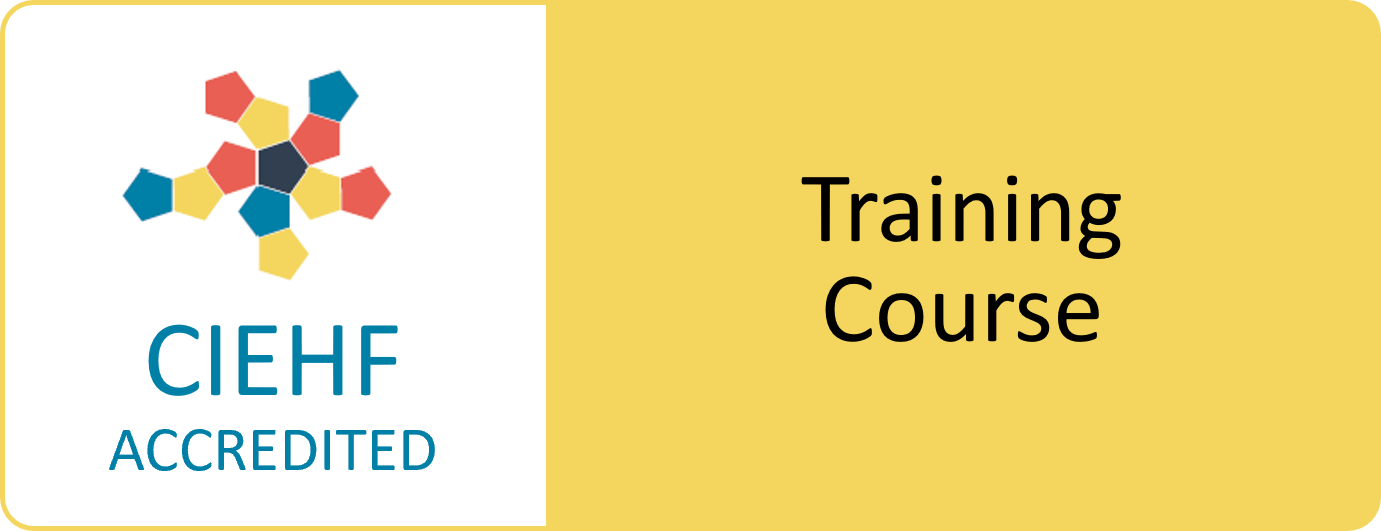Course Description
Doctors in training must engage with safety and quality. Human Factors is a person-centred safety science exploring how individuals interact with work systems. It is recognised by the GMC (and other regulators) as offering a practical framework for developing safety competencies. If you have been studying on the Aberdeen MBChB, you will know that we have a two-stranded Human Factors curriculum. One strand covers foundation Human Factors material for all students, while the second is an advanced strand, delivered through student-selected and elective components. If you take advantage of these advanced options, you may well be eligible to apply for professional recognition as a healthcare technical Human Factors specialist by the time you leave the MBChB. This will require the submission of a portfolio demonstrating your competency.
ME33HF is one of these advanced options. It has been designed to meet UK workforce planning around roles with a specific safety focus. It offers a more detailed introduction to systems-thinking as well as a ‘Human Factors toolkit’ and would suit anyone with an interest in this as a possible career option, or those with a general interest in safety and quality. You might also be interested to know that ME33HF is accredited by the UK professional body for Human Factors (the Chartered Institute of Ergonomics and Human Factors). Your assessment piece will therefore form at least one portfolio piece towards that professional recognition.

This course is capped at 16
Human factors course outline video - Dr Helen Vosper
Course coordinator; helen.vosper@abdn.ac.uk